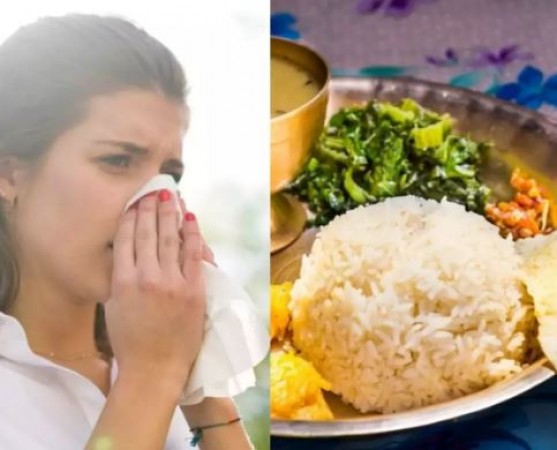
When it comes to combating the common cold, many people turn to comfort foods like rice. However, there's a pervasive belief that eating rice during a cold can actually worsen symptoms and even lead to fever. But is there any truth to this claim? Let's delve into the matter and uncover the facts behind this longstanding belief.
The notion that consuming rice during a cold can induce fever has been ingrained in various cultures for generations. This belief often stems from anecdotal experiences rather than scientific evidence.
Before delving into the relationship between rice consumption and fever, it's crucial to understand the common cold itself. The common cold is primarily caused by viruses, such as rhinoviruses, and not by specific foods.
Rice is a staple food in many parts of the world due to its affordability, versatility, and nutritional value. It is rich in carbohydrates and provides essential nutrients such as vitamins and minerals.
Contrary to popular belief, there is no direct scientific evidence linking rice consumption to fever during a cold. Fever typically occurs as a result of the body's immune response to viral infections, not due to specific foods like rice.
Some individuals may experience digestive discomfort when consuming certain foods, including rice, during a cold. However, this discomfort is unlikely to directly cause fever.
In rare cases, individuals may have food sensitivities or allergies that can manifest as symptoms resembling those of a cold, such as nasal congestion or inflammation. However, this is unrelated to the rice itself causing fever.
Improper food handling and hygiene practices can lead to foodborne illnesses that may present symptoms similar to those of a cold, including fever. However, this is not specific to rice consumption and applies to all foods.
The belief that consuming rice during a cold can cause fever may be deeply rooted in cultural traditions and folk medicine practices. While cultural beliefs are important, they should be approached with a critical mindset and evaluated based on scientific evidence.
In conclusion, the idea that eating rice during a cold causes fever is largely a myth without substantial scientific backing. While individual experiences may vary, there is no direct causal relationship between rice consumption and fever during a cold. It's essential to rely on evidence-based information and consult healthcare professionals for proper guidance on managing cold symptoms and maintaining overall health.
What are the signs of prostate cancer, do you also have this?
How Eating Right Can Ward Off Disease and Slow Aging
Know This Skincare Routine That Erases Years in Just One Week